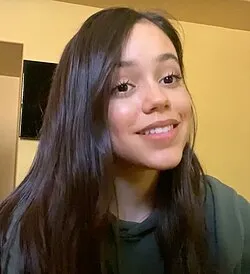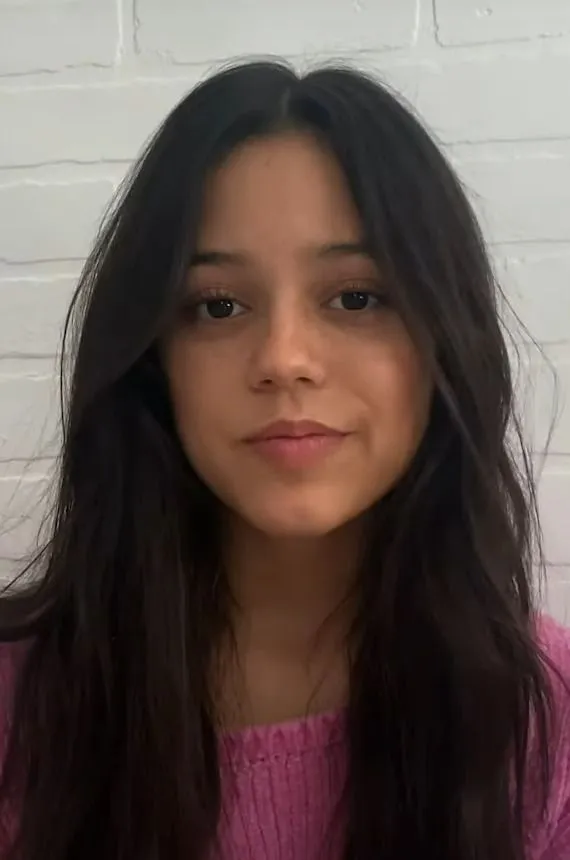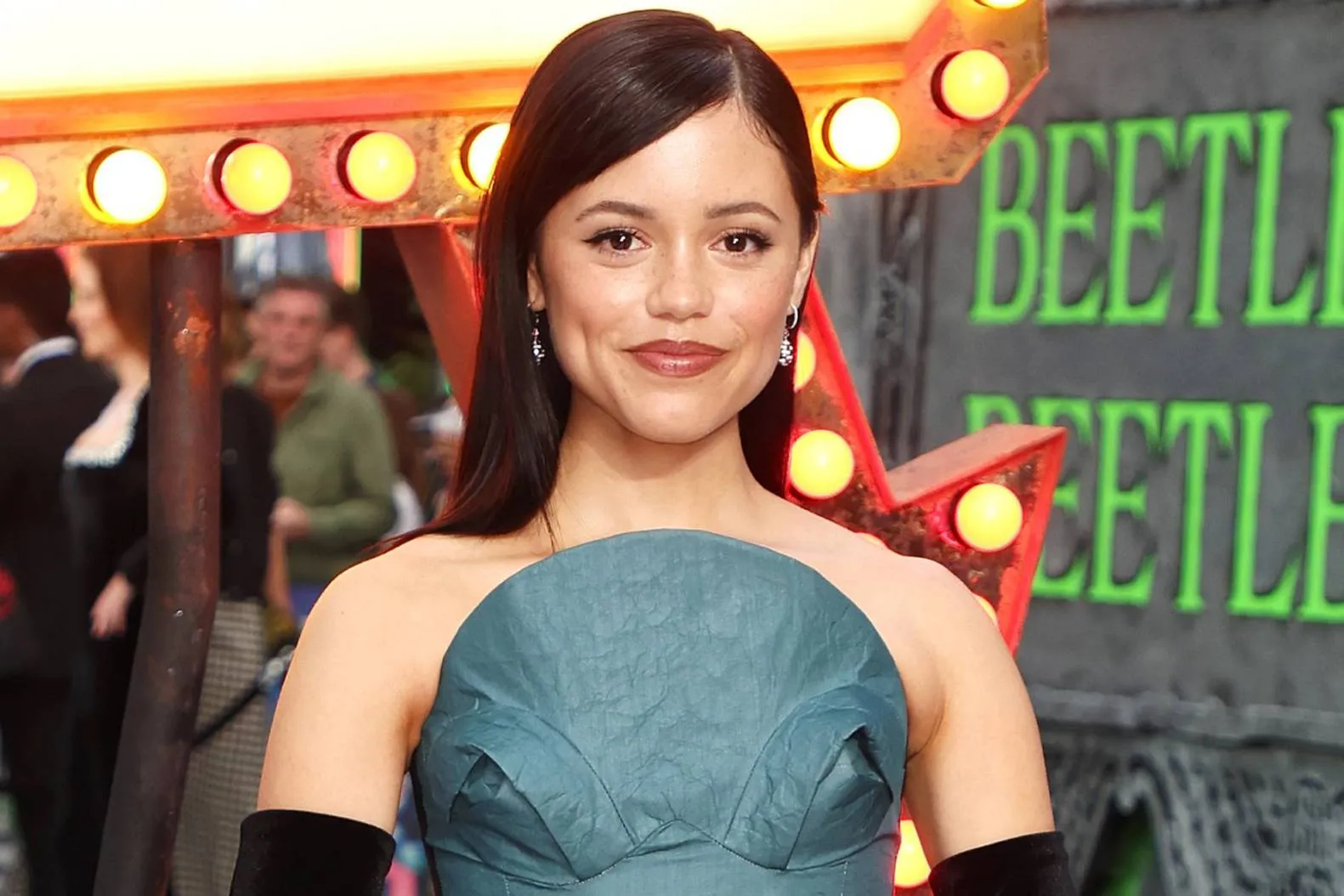

Jenna Ortega Exposes the Dark Truth Behind Her Childhood Fame
Jenna Ortega has become one of the most recognizable faces of her generation, thanks in large part to her breakout role in Netflix’s Wednesday. But behind her meteoric rise lies a deeper story—one of personal growth, silent struggles, and a vow to make the industry safer for those who follow.
In a candid interview with Vogue Mexico and Latin America, Jenna Ortega says she didn’t have a voice as a young actress, opening up about the challenges she faced growing up in Hollywood. Now, as she enters a new phase of her career—not just as an actress but also as a producer—she’s determined to use that voice to protect and uplift others.
Jenna Ortega’s Early Passion for Acting
From a young age, Ortega had a clear vision for her life: she wanted to act. But it wasn’t always a smooth road. In the interview, she recalled how her mother was initially hesitant about letting her pursue acting.
“She was adamant about not letting me,” Ortega said, “and I was even more adamant, saying, ‘If you don’t let me, I’ll be mad at you forever.’”
Eventually, her persistence paid off. Before turning 15, Ortega had already landed roles in major productions like Jane the Virgin and Disney’s Stuck in the Middle. But with that early success came an introduction to the often harsh realities of the entertainment industry.

The Cost of Early Fame
While most young performers dream of hitting it big, Ortega revealed that the experience can be far more isolating and confusing than many realize. Reflecting on the popularity of Wednesday—which surpassed a billion hours watched within three weeks of its release—she admitted that the celebrity culture surrounding her is difficult to navigate.
“I think the celebrity world is very strange,” she said. “The glorification of someone you’ll never know on a deeper level is fascinating to me.”
Her comments underscore a growing discomfort with fame that many young stars feel. For Ortega, it’s not the attention that’s unsettling—it’s the detachment and unrealistic expectations that come with it.
Jenna Ortega Says She Didn’t Have a Voice as a Young Actress
Perhaps the most poignant moment in her interview was when Jenna Ortega said she didn’t have a voice as a young actress. The confession was more than symbolic—it was a reflection of how vulnerable children and young women can be in the entertainment world.
“I’ve always known what it’s like to not have a voice,” Ortega admitted. “And that terrifies me. I don’t want to be in that situation again.”
She elaborated further, explaining that for much of her early career, she didn’t know how to express herself or even that she could. “I was very young,” she said. “I shut myself away and became very insecure about my place.”
While Ortega didn’t go into specifics, her remarks hint at the kind of emotional and psychological toll that early fame can take—especially in an industry where young performers are often expected to obey, not speak up.
A Shift in Power: From Actress to Producer
Now 22, Ortega has evolved not only as a performer but as a decision-maker in the projects she leads. With Wednesday renewed for a third season on Netflix, Ortega is no longer just the star—she’s also an executive producer.
It’s a role that gives her more than just creative input—it gives her influence over how the set is run and how people are treated.
“My top priority,” she said, “is making sure it’s a safe environment for everyone.”
That statement speaks volumes. For someone who once felt voiceless, Ortega is now using her platform to ensure that others—especially young, vulnerable, or underrepresented individuals—feel supported and protected on set.
Why Creating a Safe Environment Matters
Hollywood has long been criticized for its failure to protect young actors. From exploitative work conditions to the silencing of voices, particularly those of women and minorities, the industry has faced intense scrutiny in recent years.
Ortega’s determination to create a safe working environment is a direct response to these systemic problems. By stepping into a leadership role, she is breaking the cycle that once left her insecure and isolated.
She isn’t alone in this shift—many modern actors are taking on producing roles to have more agency and oversight over the content and culture they participate in. But Ortega’s journey stands out because it’s rooted in firsthand experience and a deeply personal mission.

Redefining What It Means to Be a Young Star
As Jenna Ortega says she didn’t have a voice as a young actress, she simultaneously becomes a symbol for change—a young star who refuses to be just a figurehead. She is reshaping what it means to grow up in the spotlight.
Her refusal to be boxed in by Hollywood norms, her transparency about the struggles of early fame, and her active role in reshaping production culture all mark her as more than just an actress. She’s an advocate, a creative leader, and a voice for those who still feel unheard.
This also resonates with the fans who see her as more than just Wednesday Addams. Her authenticity, her willingness to speak about insecurity and growth, and her dedication to making things better behind the scenes is part of what has made her so widely admired.
What’s Next for Jenna Ortega?
With Season 3 of Wednesday already in the works and a string of other projects on the horizon, Ortega’s career is showing no signs of slowing. But unlike in her early years, she now approaches her work with a sense of autonomy, purpose, and power.
As an actress, she continues to impress with her range and depth. As a producer, she is carving out a space that prioritizes wellness, respect, and creative integrity. And as a public figure, she is showing the world that growth doesn’t come from fame—it comes from learning how to speak, stand up, and lead.
Conclusion: A Voice for Herself—and for Others
Jenna Ortega says she didn’t have a voice as a young actress, but today, she is not only reclaiming that voice—she’s using it to uplift others. Her story is a powerful reminder that true influence comes not from visibility, but from intention and responsibility.
As she continues to evolve both on and off screen, Ortega is becoming the kind of leader that Hollywood desperately needs—one who understands the weight of the spotlight and chooses to use it to protect, inspire, and empower.


















